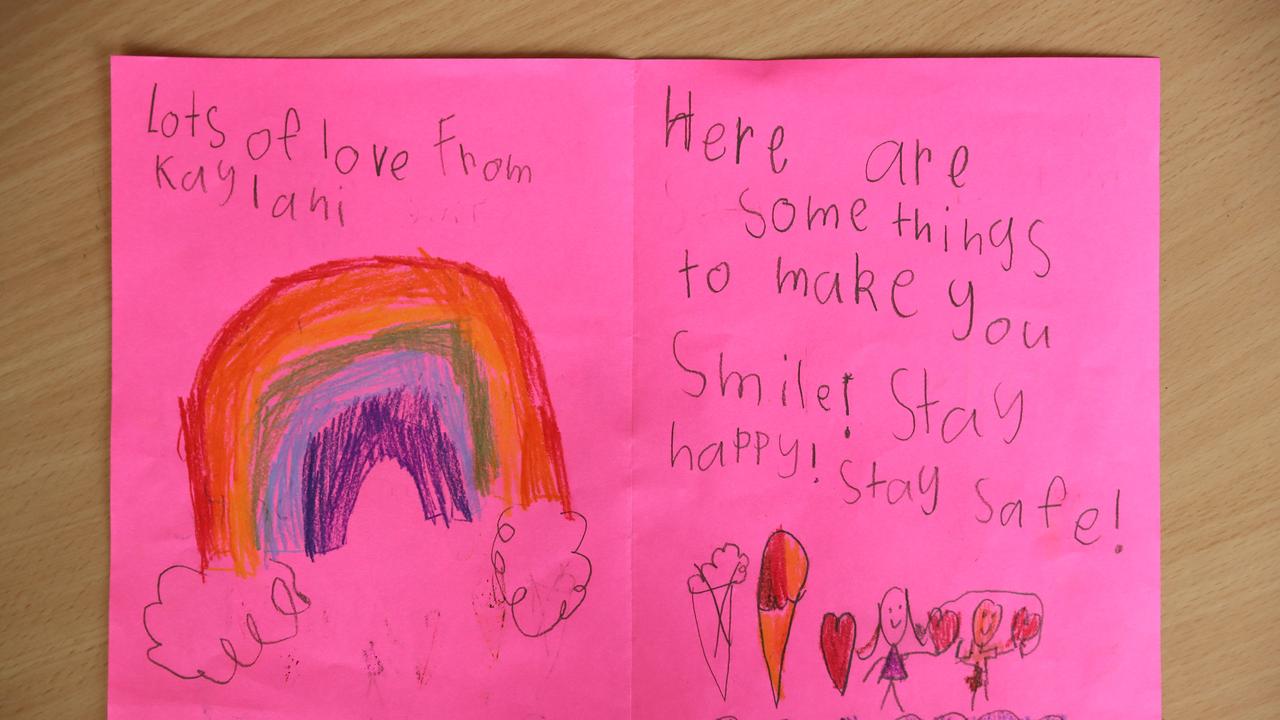Excellent words with no English equivalent
WE ALL know schadenfreude, that particular satisfaction from other people’s misery, but what about these other fabulous words with no English equivalent?

WE all know schadenfreude, that particular feeling of satisfaction that comes from witnessing another’s misfortune — something SBS predicts Julia Gillard is experiencing plenty of right now.
But what about the perfect word for those other times you need to sum up a complex feeling?
These excellent words listed below have no English equivalent. It’s just a small smattering of what’s out there, and some have even been turned into artwork by New Zealand artist Anjana Iyer. Make it your mission to bust one out this weekend or tweet us @NewscomauHQ with your favourite.
Treppenwitz — The perfect word to describe the feeling when you think of the perfect comeback to an insult about three hours too late. Also known as the Esprit d’Escalier in French, to convey the fact it’s the departure from the situation that prompts the thought.
Backpfeifengesicht — Punchable is probably the best English equivalent for this excellent German word that means “a face that should be slapped”. Other definitions have translated it as “a face badly in need of a fist” which is equally great.
Komorebi — A Japanese word for the effect of dappled sunlight shining through trees.

Prozvonit — A Czech word used to describe giving someone a quick missed call so they phone you back and pay the bill for it. Gold.
Qualunquismo — An Italian word used to describe someone that is completely indifferent to the political situation around them. The word comes from a political party in Italy called Fronte dell’ Uomo Qualunque and can be used to describe the low voter turnout at elections due to a general distrust towards politics and politicians.
Sobremesa — It’s the end of a blissful dinner and you’re sitting around a table picking at the salad leftovers, finishing your wine and laughing with a pleasantly full belly and some good company. This is sobremesa, a Spanish word used to describe the lingering after a meal, usually lunch, before you get back to whatever you have to do that day.
Bakku-shan — Japanese word for someone who looks great from behind but is not so attractive once they turn around. Ouch!

Tsundoku — Another Japanese term for book lovers who let books pile up around the house without getting through them. One redditor even asked his daughter to illustrate it with this excellent result.
Tartle — The perfect Scottish word to use when you’re introduced to someone and can’t remember their name. As in “Pardon my tartle!” the Free Dictionary suggests.
Pochemuchka — The Russian equivalent for a nosy parker or someone who asks too many questions.
Pantoffelheld — A German word meaning “slipper hero” used to describe a man who can act tough with his mates but doesn’t wear the pants at home. Similar to the way we might say “henpecked” in English.
Utepils — Norwegian word meaning to ‘sit outside and drink a beer’ that comes from a combination of “ute” for outside and “pils” for pilsner. It’s especially anticipated after a long Norwegian winter but is equally great at any time of year.
What’s your favourite foreign word? Continue the conversation on Twitter @NewscomauHQ




